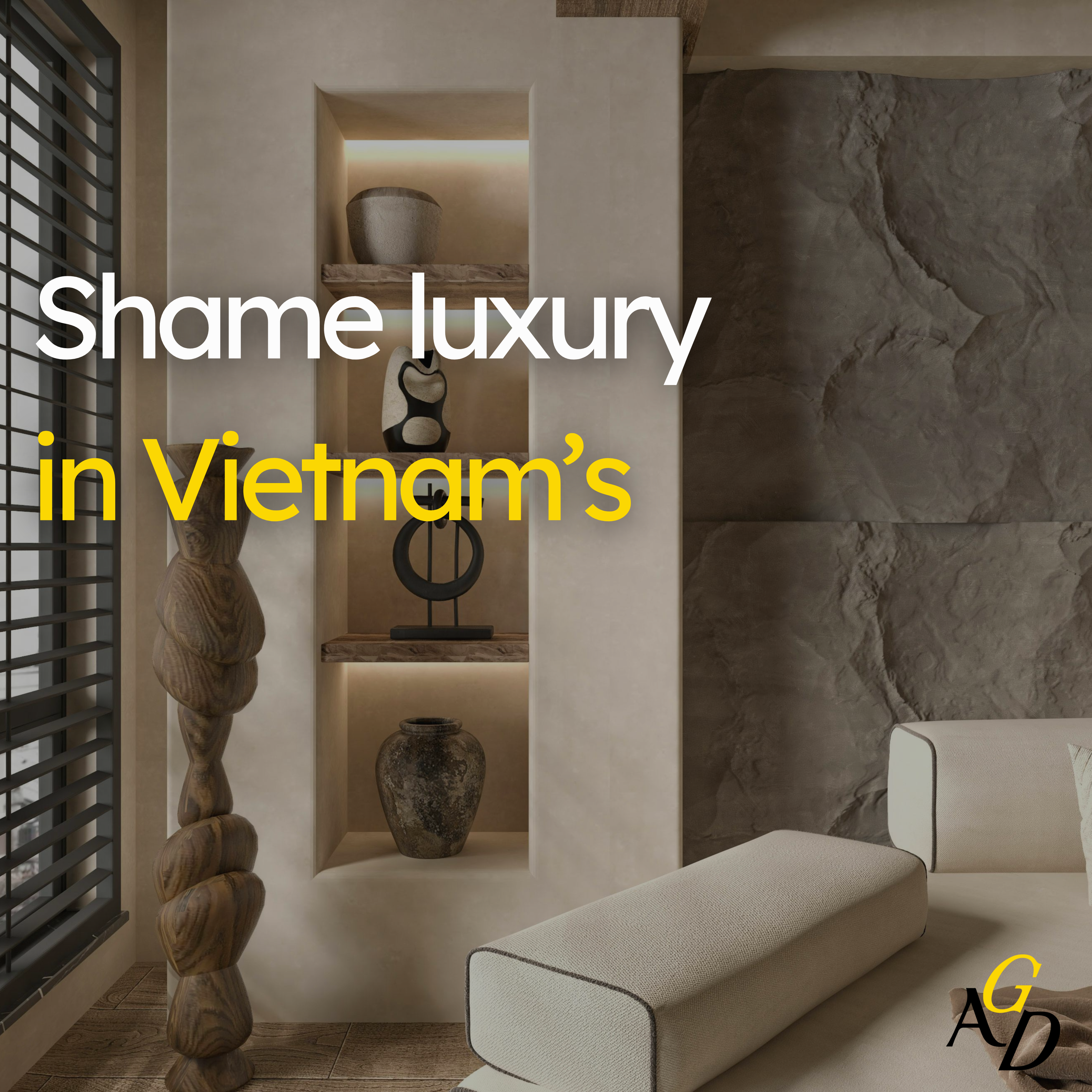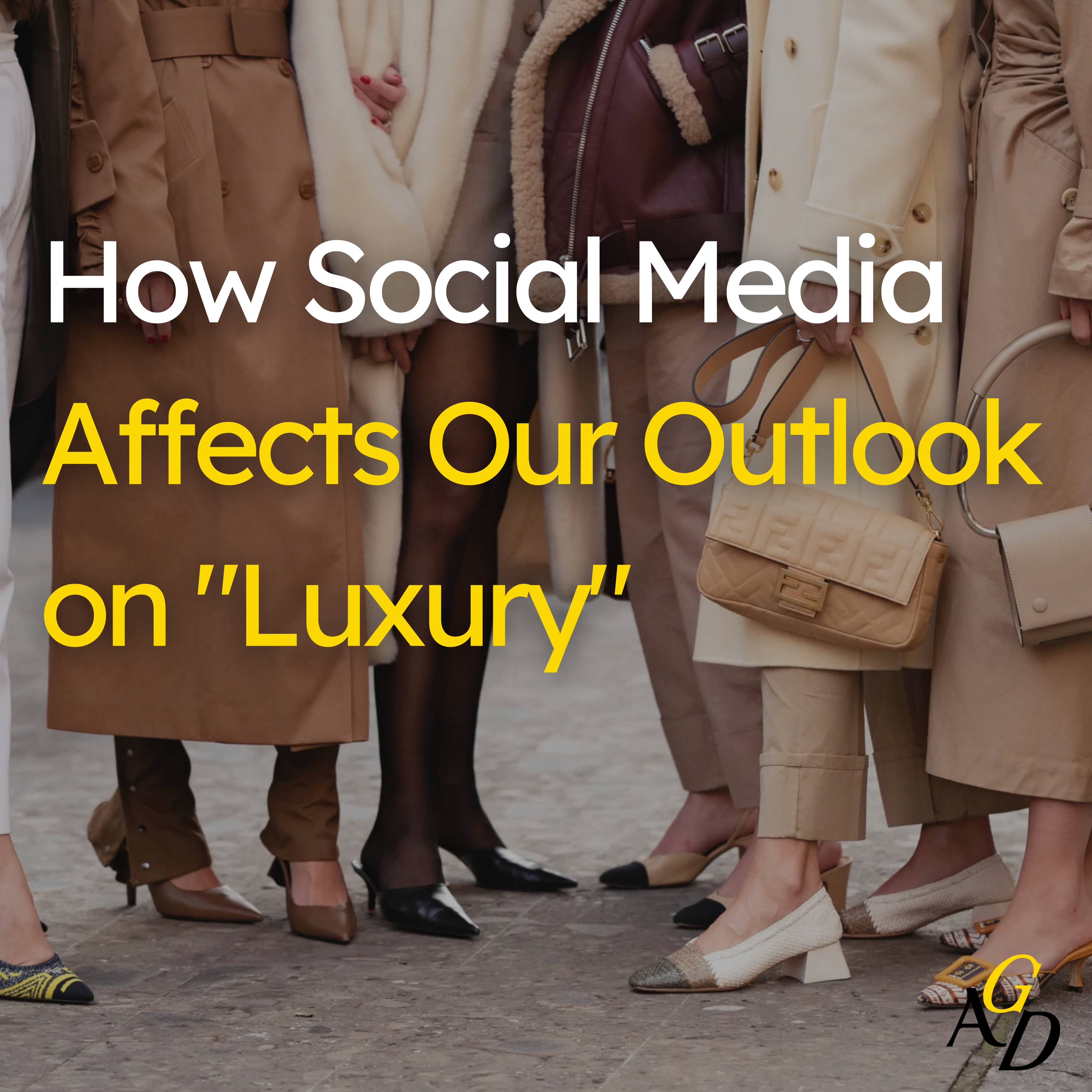Beyond Opulence: The Subtle Shift Towards Minimalism In Luxury
In a world where luxury has long been synonymous with extravagance and opulence, a quiet revolution is taking shape: the rise of minimalism. This trend has not only reshaped consumer preferences but has driven luxury brands worldwide to reimagine what luxury means. The new luxury is grounded in sustainability, personal connection, and a restrained elegance – characteristics that resonate with the evolving expectations of today’s discerning customers.
The shift towards a minimalist lifestyle
- Historical context
Luxury and simplicity might seem contradictory, but they are increasingly working together. In the 20th century, big-name luxury brands promoted high-status items with obvious logos, and people saw these as symbols of success. But around the 2010s, a change started to happen. Customers began to prefer a cleaner, simpler look, focusing on quality instead of status symbols. This trend was the start of a “minimalist luxury” style, where less is more, and each piece is made to last.
- The psychology behind minimalism
Minimalism isn’t just a design choice; it’s a lifestyle choice. It’s about owning fewer things and making each item count, which can help people feel more in control and at ease. Many people today seek a closer, more personal connection with what they buy, choosing products that feel unique to them rather than following the latest trends. For luxury brands, this means offering items that are meant to last and that resonate with people on a personal level.
Impact of minimalism on popular luxury brands
As more people adopt a minimalist mindset, luxury brands are finding ways to keep up. There are great opportunities in this shift, but also a few challenges.
- Opportunities
Minimalism has opened doors to younger customers, especially Gen Z, who often care about sustainability. By using eco-friendly materials and focusing on simple, high-quality designs, luxury brands can appeal to people who want items that last and aren’t wasteful.
- Challenges and critiques
For some traditional luxury brands, it can be tricky to find a balance between simplicity and uniqueness. If everything becomes too plain, brands might risk losing the special qualities that make them stand out.
- Luxury brands embrace the trend
Some luxury brands in Vietnam are setting an example by creating experiences and products that embrace minimalism. Here are a few that stand out:
Minimal – Luxury travel: Modern Heritage, a Vietnamese travel agency, offers personalized, elegant trips that feel private and exclusive. They avoid flashy promotions, instead creating memorable, custom travel experiences that appeal to those who value a minimalist approach to luxury. 
Minimal – Luxury hotels: The Amanoi Resort in Ninh Thuan Province offers a peaceful experience in a simple, natural setting. With clean architectural lines and an emphasis on the surrounding nature, guests can enjoy a serene environment that embodies minimalist luxury.

Minimal – Luxury perfume: d’Annam, a premium Vietnamese perfume brand celebrated for its dedication to crafting exquisite fragrances that capture the essence of Vietnam’s rich cultural heritage. The packaging and scents are calm and refined, appealing to those who prefer subtle, high-quality choices.

How consumer trends influence minimalist luxury
Minimalist luxury connects with people’s changing habits and values, especially when it comes to sustainability, wellness, and self-expression.
- Environmental and ethical awareness
Today’s consumers are more conscious of their environmental impact, leading them to seek brands that prioritize sustainable practices, longevity, and reduced waste. Minimalist luxury resonates as it encourages consumers to invest in fewer, better-quality items.
- Economic considerations
Minimalist luxury is an investment in timeless style rather than a chase for the latest trends. By focusing on durable and versatile products, luxury brands offer consumers an economical choice that values longevity over frequent replacement.
- Mental well-being and mindfulness
Minimalism’s focus on essentials and calm aligns with consumer desires for mental clarity and balance. In the luxury sector, products and experiences are designed to bring a sense of peace, helping customers cultivate mindfulness and serenity in their lives.
- Individual expression
Modern consumers increasingly seek products that reflect their personalities and styles. For luxury brands, personalization has become a critical aspect of the minimalist experience. A minimalist approach offers a canvas for unique expression, enabling consumers to choose pieces that truly resonate with their identity.
The fusion of minimalism and luxury is reshaping the industry, especially among Gen Z consumers. Minimalist luxury offers brands an opportunity to appeal to a mindful and conscientious audience while presenting challenges in retaining distinctiveness. With its emphasis on sustainability, quality, and personal connection, minimalist luxury has a lasting impact on the industry and represents the future of luxury in a world moving away from excessive consumption. As brands continue to respond to these evolving consumer values, they will redefine what it means to be luxurious in an age that prizes simplicity and intentionality.
__________________________
Discover More on Instagram!
Let A GOOD DAY be your gateway to the future of luxury, offering bespoke digital and physical experiences that seamlessly bridge the gap between the real world and the virtual one. Discover how we’re redefining luxury, blending tradition with innovation, and bringing you unparalleled experiences in both digital and physical realms.
Follow us on Instagram @agdexperience to explore the luxury of tomorrow, today.




